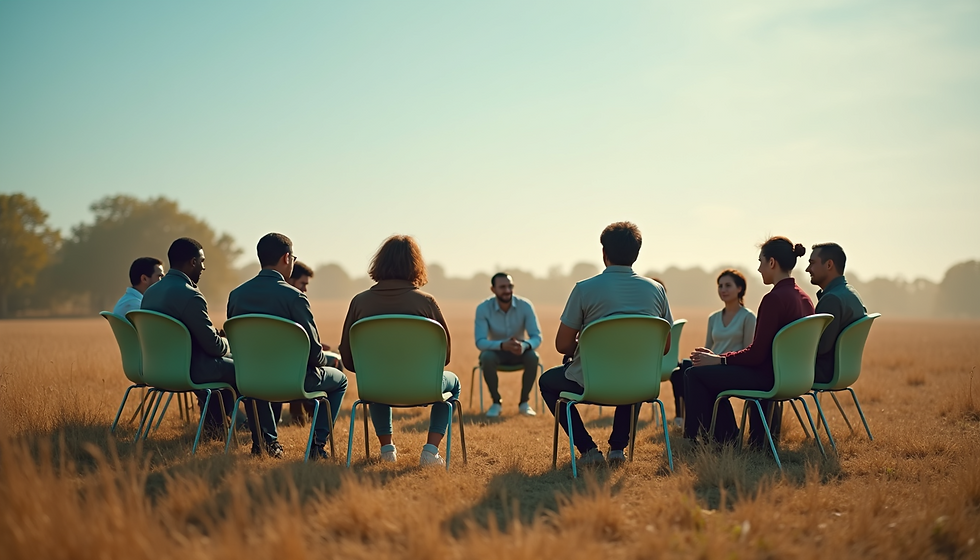Why I Chose to Pursue a Doctor of Psychology:
- mvvasquez0811
- May 27, 2025
- 3 min read

Advocating for Mental Health in Rural Communities
As a student in a Doctor of Psychology (PsyD) program, my journey is rooted in something far deeper than academic ambition—it's a personal mission. I am pursuing this degree not only to become a mental health professional but to advocate for awareness, access, and equity in rural communities like my own.
I am a Hispanic woman, a mother of three—including a Robb Elementary 4th-grade survivor—and a lifelong resident of Uvalde, Texas. My life has been shaped by the joys and challenges of living in a small, underserved town where community bonds run deep, but where mental health support remains scarce.
The Heart Behind the Mission
The trauma my community endured in recent years exposed a reality we could no longer ignore: the overwhelming need for mental health resources, particularly in Hispanic and working-class families. The stigma around emotional well-being runs deep here, and the shortage of culturally responsive mental health professionals only widens the gap. These aren’t just professional observations—they’re lived experiences. They are what led me to pursue a career in counseling psychology and what fuel my determination to help others heal.
Culturally Responsive Care and Community-Led Solutions
Throughout my education, I’ve developed clinical skills in trauma-informed care, multicultural counseling, and psychological assessment—critical tools in serving diverse populations. I'm learning to see healing through a strength-based, holistic lens that acknowledges cultural values and community resilience. My background as a certified fitness trainer has also helped me connect physical wellness with mental health—especially important in communities where traditional therapy may be met with hesitation or mistrust.
But being a future psychologist isn't just about what happens in the therapy room. It's also about creating environments where healing can begin.
One of my proudest accomplishments came during my time as president of the local Rotary Club, when I led a project to build a splash pad in a low-income Uvalde neighborhood. Many advocated for the project to go to a wealthier part of town, but I stood firm in fighting for equity. After three years of community organizing, data gathering, and advocacy, the project was finally approved—proving that change happens when we lead with heart, persistence, and purpose.
Rooted in Culture, Driven by Purpose
In my family, celebrating our Latin heritage means honoring our past while building a better future. It means showing up for one another, extending a hand to our neighbors, and always remembering that our voices matter.
These cultural values have shaped every step of my academic and personal journey. As a non-traditional Latina student at Our Lady of the Lake University, I feel the weight and the privilege of this path. I didn’t return to school just for myself—I did it to become a stronger advocate and resource for my community.
In Hispanic culture, we often put others before ourselves. My return to school is a reflection of that ethic. I believe that by investing in my education, I can uplift others—particularly Spanish-speaking families who are too often left out of the mental health conversation.
Looking Ahead
Living in a rural, underserved area like Uvalde has opened my eyes to the work that still needs to be done. My goal is to bridge the gap between stigma and support, silence and advocacy, scarcity and access.
Mental health care should not be a privilege—it is a right. Through education, culturally informed practice, and community-centered care, I am committed to making that a reality for families like mine.
This journey is about more than a degree. It's about healing, justice, and creating a future where every child, every parent, and every neighbor has the support they need to thrive—no matter where they live.



Comments